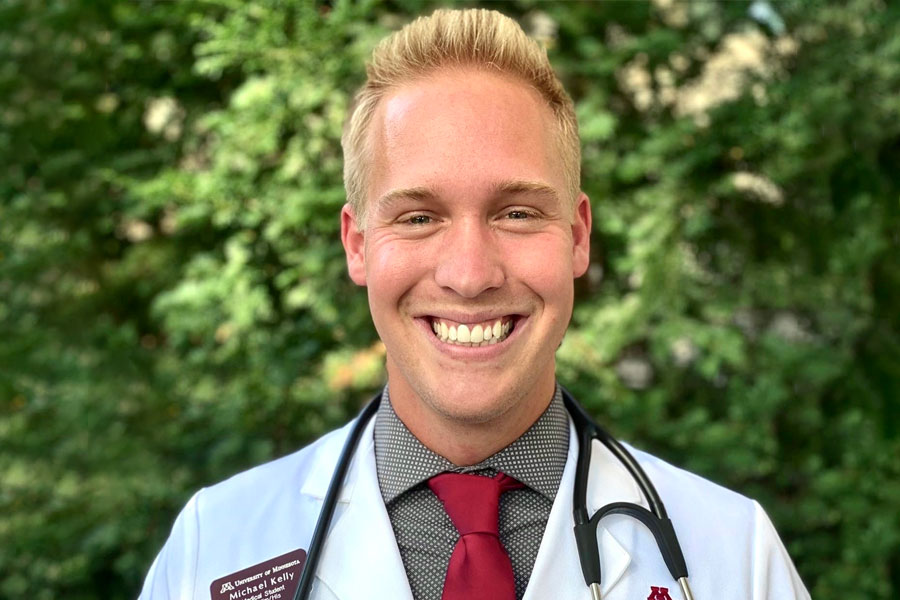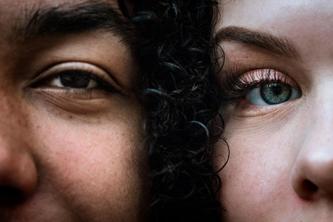
When he was 15, Michael Kelly was placed in the foster care system. By the time he headed to college, he had moved around 16 times and attended five different schools.
He hasn’t forgotten what it was like to live a life rocked by instability. Now a second-year medical student, he’s created an organization to help other youth going through what he did.
Called MD Link, the student-led organization aims to provide early intervention for youth at risk of, or already experiencing, homelessness, foster care, sex trafficking or involvement in the juvenile justice system.
“My experiences of navigating life and my post-secondary education as a first-generation college student and foster youth presented many barriers and obstacles that I had to overcome,” Kelly says. “I vowed to myself that when able, I would someday help others that face similar challenges.”
Solid and enduring support
MD Link focuses not only on reaching vulnerable youth, but on helping medical students by exposing them to current socio-economic issues in the community. The 30-some students in MD Link don’t push medicine as a future career. Rather, they want to educate youth using mentors’ unique and diverse resources.
The group has hosted workshops on topics like STIs, scholarships, and financial literacy. It also wants to provide snacks, meals and transportation, and hopes to have 50 youth in the program by the end of the year, Kelly says.
“Something like 10 percent of foster youth end up going to college, and only three percent of that 10 percent graduate,” he notes. “We found that stable, consistent mentorship is really needed, so that’s one of our pillars.
“Unfortunately, a lot of mentorship programs have mentors come in and out of mentees’ lives. Our focus is a lifelong commitment.”
Read an earlier story from the U of M Medical School.
- Categories:
- Health
- Culture and diversity
- Medical




